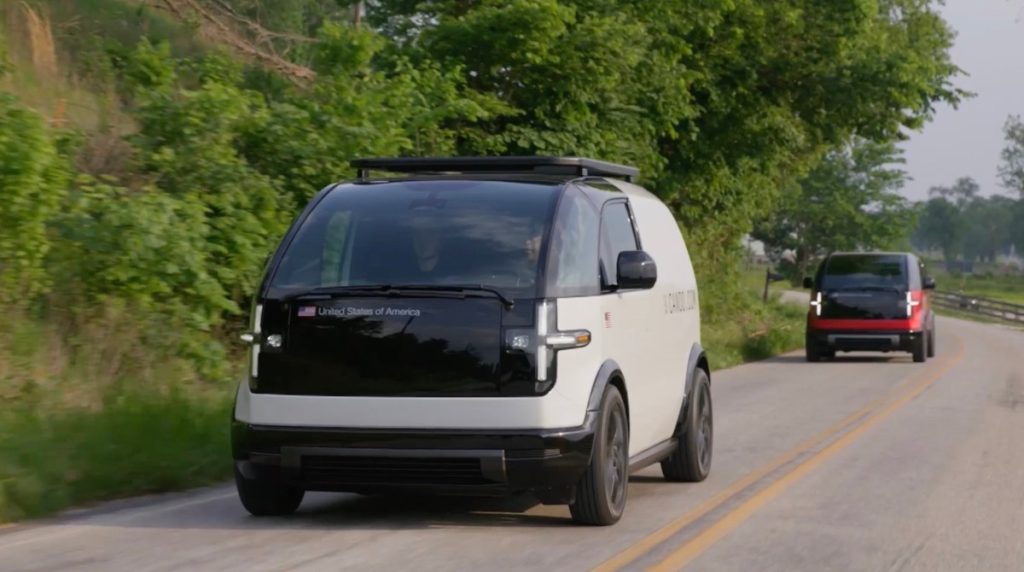7-year-old electric vehicle company Canoo has filed for bankruptcy and will “cease operations immediately.” The company is liquidating its assets in a Chapter 7 proceeding in Delaware Bankruptcy Court.
The company said in a press release late Friday that it was “in discussions with foreign sources of capital” that have been unsuccessful, and also highlighted an inability to secure funding from the US Department of Energy’s Office of Loan Program. , which has been on a lending spree in the waning days of the Biden administration.
Canoo said in its bankruptcy filing that it owed money to no fewer than 49 creditors, with unpaid obligations totaling between $10 million and $50 million. She claimed to have less than $50,000 in assets.
The bankruptcy filing comes just weeks after Canoo laid off the rest of its workforce and shut down its Oklahoma plant. The company struggled throughout 2024 to get more than a few of its electric vans into the hands of potential customers and suffered multiple executive departures. She had just $700,000 in the bank in mid-November.
Canoo is the latest EV startup to go bankrupt after merging with a special purpose acquisition company (SPAC) as a shortcut to going public. Electric Last Mile Solutions was the first in June 2022. But since then, Fisker, Lordstown Motors, Proterra, Lion Electric and Arrival have all filed for various levels of bankruptcy protection in their various home countries. (Canoo bought Arrival’s assets out of bankruptcy in 2024, though it’s unclear if it ever put any of them to use.)
Canoo announced plans to merge with a Hennessy Capital Acquisition Corp. SPAC. in August 2020 and went public that December, raising about $600 million. In the years since it went public, the company has made a small number of its electric bubble vans and delivered them to partners — some who paid — willing to test the vehicles. The United States Postal Service, the Department of Defense, and NASA have or had Canoo vehicles.
At one point, the company even approached Walmart, which agreed to buy up to 10,000 EVs from Canoo in 2022. But the deal was essentially non-binding and carried little risk for the retail giant.
Canoo was founded in late 2017 by a splinter group of executives who were fed up with the drama surrounding the other EV startup they were working on at the time, Faraday Future. Originally called Evelozcity, those leaders developed a modular electric vehicle platform that could power cabs in multiple shapes and sizes and used advanced technology like a steering-by-wire system.
The ideas inside Canoo were attractive enough that the startup was at one point in talks with Apple, which was interested in a possible investment or even acquisition as a way to boost the tech giant’s secretive electric car project.
But Canoo underwent many changes after going public and gaining a new chairman and CEO in Tony Aquila. A serial entrepreneur, Aquila immediately refocused Canoo away from selling to consumers and prioritized the commercial fleet. On his watch, Canoo repeatedly changed plans on whether to build its own electric vehicles or outsource the work. At one point, Canoo announced it was moving its headquarters to Bentonville, Arkansas — home of Walmart — but then didn’t really follow through.
Signs of a bankruptcy were popping up all week. Reddit users noticed that the company’s billboard outside its office in Justin, Texas had been removed. Multiple employees who were on leave told TechCrunch that they received official termination notices. Some people who had put down $100 deposits when the company was still planning to sell to regular customers have started getting refunds.
This story is developing…


